Calendar of events, awards and opportunities
Every week, we update this list with new meetings, awards, scholarships and events to help you advance your career. If you’d like us to feature something that you’re offering to the bioscience community, email us with the subject line “For calendar.” ASBMB members’ offerings take priority, and we do not promote products/services. Learn how to advertise in ASBMB Today.
June 12: White House listening session
To help realize the possibilities of open science, the White House Office of Science and Technology Policy is taking action to elevate the needs, priorities and experiences of those who will shape and inherit the future: the early-career researcher community. OSTP hosted a series of virtual listening sessions in June to explore perspectives on the challenges and opportunities for advancing open science in the United States and solutions that might be implemented by the U.S. government. These listening sessions are part of a Year of Open Science, announced by the White House in January to advance open science policies across the federal government. The final session in the June series, "Open Science Possibilities for Training and Capacity Building: Perspectives from the Early Career Researcher-Supporting Community," will be at 1 p.m. Eastern on June 12. It will be open to the public and may be recorded for OSTP’s use. Learn more.

June 12: Registration deadline for our motifs meeting
Many signaling research groups study intrinsically disordered regions and short linear sequence motifs in the context of their specific molecules of interest and areas of expertise. Often this work is done in isolation. This interdisciplinary meeting — to be held July 11–14 in Potomac, Md. — seeks to identify common principles that underlie SLiM biology and obtain systemwide insights into biological regulation. It will bring together researchers from different disciplines, leverage their knowledge and unique approaches, and facilitate active exchange and collaboration. Attendees pay one low rate for registration, meals and housing. Learn more.
June 14: IUBMB Trainee Initiative and FEBS Junior Section event on unlocking interdisciplinary research, with a focus on neuroimmunology
This virtual event on interdisciplinary research, which starts at 11 a.m. Eastern on June 14, is being hosted by the International Union of Biochemistry and Molecular Biology Trainee Initiative and the Federation of European Biochemical Societies Junior Section. It will connect experts from diverse fields in order to combine perspectives and methodologies to address multifaceted challenges. It will feature research talks on neuroimmunology and a roundtable discussion. Learn more.
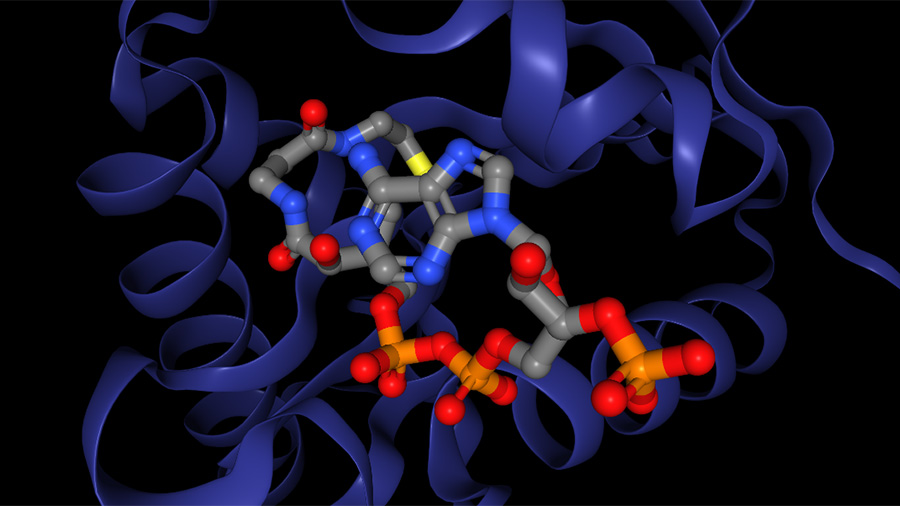
June 20: Abstracts due for our CoA and CoA-derivatives conference
Present your work at an ASBMB conference on CoA and CoA-derivatives Aug. 16–18 at the University of Wisconsin–Madison. The organizers are Luigi Puglielli at UW–Madison, Suzanne Jackowski at St. Jude Children’s Research Hospital and James Ntambi at UW–Madison. The speaker list is available. Abstracts are due June 20. Learn more.

June 27: Waitlist deadline for our education meeeting
Registration for the ASBMB's education-focused meeting in Boston in July is currently sold out, but you can still sign up for the waitlist. Topics include: leadership development, supporting midcareer and shifting careers, and teaching in a diverse and equitable environment. Panel discussions will include discipline-based education research and preparing students for jobs in the biotechnology and pharmaceutical industries. Attendees will get to meet with program directors from the National Institutes of Health and National Science Foundation. Join the waitlist.

June 27: Webinar on LGBTQ+ in STEM advocacy
Pride Month originated from the Stonewall uprising in New York city in 1969. To honor the tradition of protest and advocacy that is at the heart of the Pride Month celebrations we have today, at 2 p.m. Eastern on June 27, ASBMB is hosting a webinar dedicated to LGBTQ+ advocacy in STEM. Our panelists will discuss their career journeys, reflecting both on what it was like when they started their education and training and what it's like to be an LGBTQ+ scientist today. Then, they'll discuss advocacy opportunities and ways allies can take action and demonstrate their support for the rights of members of the LGBTQ+ STEM community at both the state and federal level. Attendees will also learn about ASBMB's advocacy toolkit and specific recommendations for how to create safe zones within their own communities. Register.
June 29: ASCB's Women in Cell Biology 50th Anniversary "To do or not to do ... a postdoc!" webinar
This webinar, hosted by the Women in Cell Biology Committee of the American Society for Cell Biology (ASCB), will cover the choice to do a postdoc after graduate school. What are the key advantages of this additional training experience, when is it valuable to get postdoctoral experience, and when is it reasonable or even preferable to navigate your career without postdoc training? Panelists, including experts from academia and beyond at different career stages, will discuss the various considerations of doing a postdoc after graduate school and provide an overview of how to navigate post-graduate school life based on their career goals and the importance of a postdoc to achieve these goals. The webinar will include a Q and A session with the panelists followed by breakout sessions with panelists and other participants. Learn more.
July 17: FASEB's Howard Garrison Advocacy Program application deadline
The Howard Garrison Advocacy Fellowship is a 10-month cohort experience that provides instruction in advocacy, science policy, science communications, leadership development, and career exploration outside academia. Hosted by the Federation of American Societies for Experimental Biology (FASEB), the program is comprised of three core learning and professional development experiences: science policy and advocacy course, communications and advocacy training, and leadership and professional skills development. Learn more.

Oct. 28–29: Save the date for our serine proteases virtual conference
This ASBMB virtual conference will focus on membrane-anchored serine proteases and other serine proteases with restricted activities in the pericellular environment relevant to cellular signaling, behavior and protease activity in human disease. The conference traditionally brings together an international group of researchers in the field of serine proteases and pericellular proteolysis. It is rooted in providing an accessible forum for researchers to present their latest findings and technologies and to facilitate an environment for idea exchange, networking and building scientific collaborations. The conference was founded on the principle of providing an intimate venue for junior investigators — especially postdocs and graduate students — to meet with experts in the field from academia and industry to build interactions crucial to future career development. Learn more.
IUBMB MilliporeSigma fellowship
The International Union of Biochemistry and Molecular Biology welcomes applications year-round for its MilliporeSigma Virtual Meetings and Courses Fellowships. Grad students and postdocs from countries that are associate or full members of the IUBMB may apply for funding to present their work at virtual events in the IUBMB region. Learn how to apply.
IUBMB relocation support for displaced trainees
The International Union of Biochemistry and Molecular Biology is offering $2,000 to graduate students and postdocs displaced from their labs as a result of natural disaster, war or "other events beyond their control that interrupt their training." The money is for travel and settling in. Learn more and spread the word to those who could use assistance.
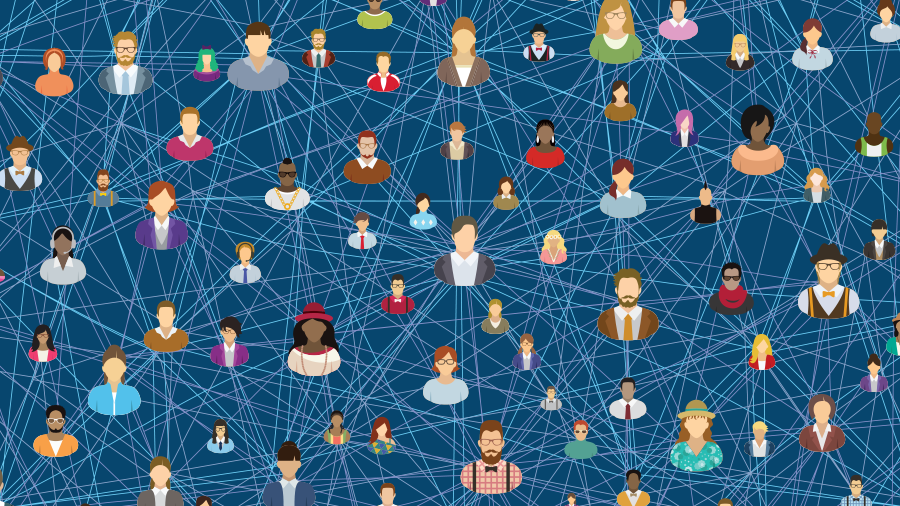
Call for virtual scientific event proposals
The ASBMB provides members with a virtual platform to share scientific research and accomplishments and to discuss emerging topics and technologies with the BMB community.
The ASBMB will manage the technical aspects, market the event to tens of thousands of contacts and present the digital event live to a remote audience. Additional tools such as polling, Q&A, breakout rooms and post event Twitter chats may be used to facilitate maximum engagement.
Seminars are typically one to two hours long. A workshop or conference might be longer and even span several days.
Prospective organizers may submit proposals at any time. Decisions are usually made within four to six weeks.
Enjoy reading ASBMB Today?
Become a member to receive the print edition four times a year and the digital edition monthly.
Learn moreFeatured jobs
from the ASBMB career center
Get the latest from ASBMB Today
Enter your email address, and we’ll send you a weekly email with recent articles, interviews and more.
Latest in Careers
Careers highlights or most popular articles

Upcoming opportunities
Calling all biochemistry and molecular biology educators! Share your teaching experiences and insights in ASBMB Today’s essay series. Submit your essay or pitch by Jan. 15, 2026.

Defining a ‘crucial gatekeeper’ of lipid metabolism
George Carman receives the Herbert Tabor Research Award at the ASBMB Annual Meeting, March 7–10, just outside of Washington, D.C.
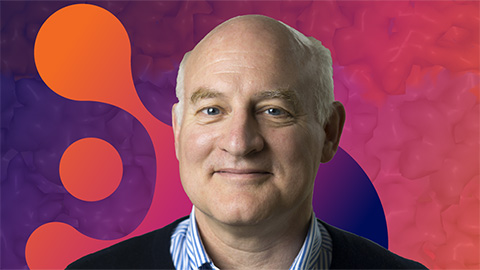
Building the blueprint to block HIV
Wesley Sundquist will present his work on the HIV capsid and revolutionary drug, Lenacapavir, at the ASBMB Annual Meeting, March 7–10, in Maryland.
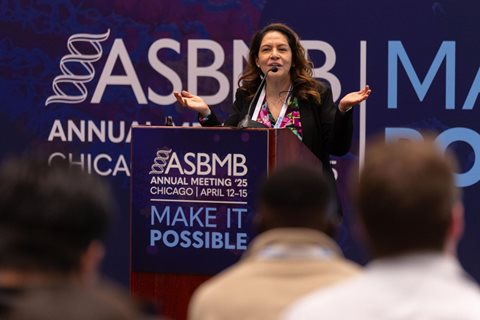
Upcoming opportunities
Present your research alongside other outstanding scientists. The #ASBMB26 late-breaking abstract deadline is Jan. 15.
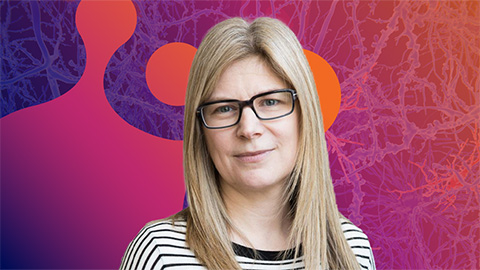
Designing life’s building blocks with AI
Tanja Kortemme, a professor at the University of California, San Francisco, will discuss her research using computational biology to engineer proteins at the 2026 ASBMB Annual Meeting.

Upcoming opportunities
#ASBMB26 late-breaking abstract submission opens on December 8. Register by Jan. 15 to get the early rate on our Annual Meeting.
